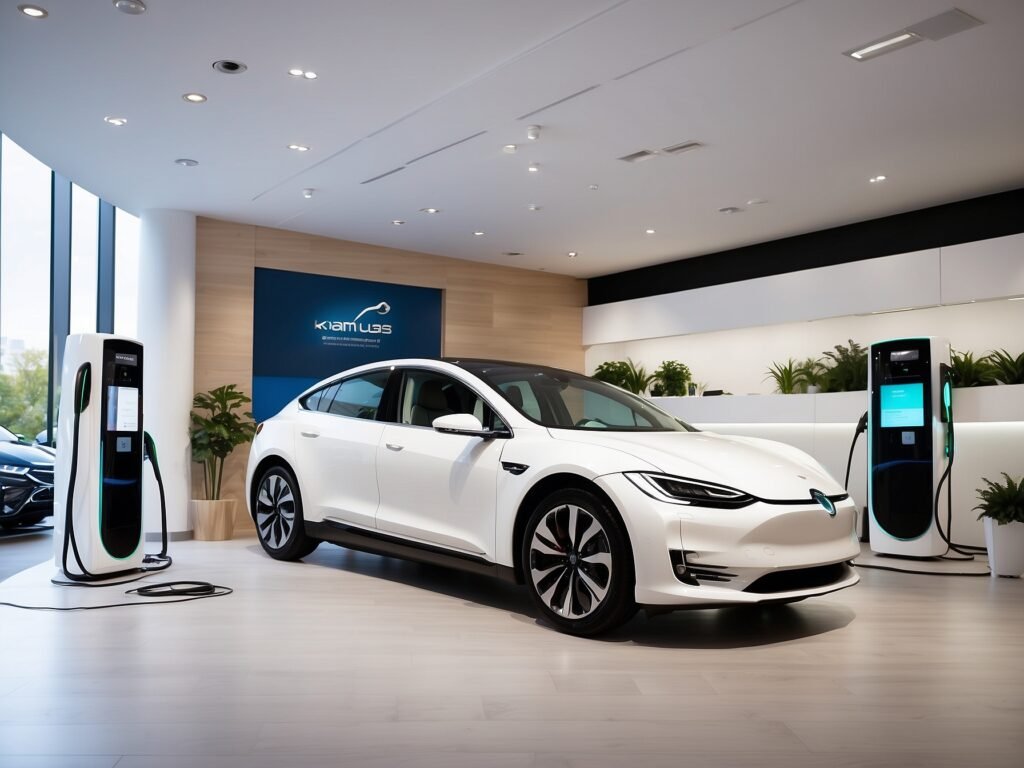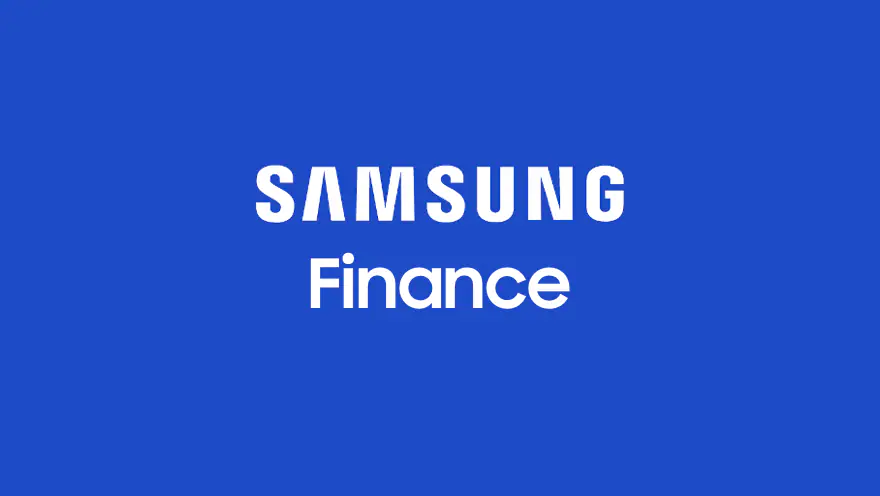
Buying a used car is a major decision that requires careful consideration of the pros and cons. While used car dealerships offer convenience and selection, they also have drawbacks. Let’s look at the advantages and disadvantages of purchasing a used vehicle from a dealer.
What Are the Benefits of Buying From a Dealership?
There are several potential benefits to buying a used car from an established dealership:
Selection – Dealerships have a large, rotating inventory of used vehicles. This lets you find multiple options for your desired make, model, year, price range, and features.
Certified Pre-Owned – Many dealers now offer certified pre-owned (CPO) vehicles. These used cars undergo extensive inspection and reconditioning. CPO cars typically come with an extended warranty for added peace of mind.
Financing – Dealerships have relationships with lenders and can help you find financing, even with poor credit. Getting a car loan directly from a private seller may be more difficult.
Trade-ins – Trading in your current vehicle is easier at a dealership. The sales staff appraises your trade-in and applies its value toward your new, used car purchase.
Test Drives – Dealers allow you to take used cars on extended test drives. This helps assess comfort, performance, and whether the car meets your needs. Test driving a private seller’s car may not be possible.
Service Contracts – Many dealerships offer additional service contracts and extended warranties on their used vehicle inventory. This provides repair coverage after the expiration of the factory warranty.
Return Policies – Some used car dealers offer short-term return policies if you find issues shortly after purchase. There are typically mileage limits and other conditions. This added protection is not available when buying privately.
What Are the Downsides of Purchasing From a Dealer?

However, there are also some potential drawbacks to weigh when buying a used car through a dealership:
Higher Prices – Dealers have overhead costs and seek profits, so they typically price used cars higher than private sellers. There may be more room for negotiation when buying from an individual.
Unknown History – While dealerships conduct inspections and run vehicle history reports, full-service history is harder to verify on a used car. Private sellers may have more knowledge of a car’s history.
Pushy Salespeople – Some dealership sales staff can be high-pressure. Take your time and don’t feel rushed into deciding or purchasing unwanted extras.
Shorter Test Drives – Many dealers offer quicker test drives instead of extended periods to thoroughly assess a used car. Ask to take vehicles on a longer drive or bring your mechanic.
Fewer Protections – Used car sales are typically “as-is,” with no implied warranty protections. Lemon laws generally only apply to new cars. You have less legal recourse with used car issues.
Questionable Reconditioning – While dealers market their used cars as “reconditioned,” the work done can vary greatly. Some dealers may cut corners and simply offer an oil change and exterior detail.
Lower Incentives – New car incentives like special financing rates and cash rebates don’t apply to used cars. You may find better overall deals buying a new model.
Key Questions to Ask at the Dealership
To maximize your chances of buying a quality used car at a fair price from a dealer, make sure to ask the right questions:
- What reconditioning and inspection work was done to this vehicle? Can I see the documentation?
- Is there any remaining factory warranty coverage?
- Do you offer a service contract or extended warranty on used vehicles?
- Are there any open recalls on this vehicle? Have all updates been completed?
- May I take the car for an independent inspection or extended test drive?
- Can you provide a vehicle history report? How many previous owners were there?
- Is this a former rental, fleet, or salvage/rebuilt car?
- Has this car been in any accidents? What repairs were done?
Smart Negotiation Tips
Follow these tips when negotiating with a used car salesperson:
Research pricing – Use guides like Kelley Blue Book to determine fair market value and negotiate up or down based on condition.
Get quotes from multiple dealers – Competition between them can lead to lower prices.
Negotiate out-the-door price – This lumps all added fees and charges into one bottom line number.
Offer below asking price – Don’t be afraid to make a lower counteroffer and meet in the middle.
Point out flaws – Use any issues revealed during a test drive or inspection to ask for a discount.
Avoid discussing monthly payments – Focus on negotiating the total vehicle price before financing terms.
Walk away if it doesn’t feel right – Don’t get pressured into a deal you’re uncomfortable with.
Weighing the Pros and Cons

When deciding where to buy a used car, weigh the advantages and disadvantages of dealership and private seller purchases. Dealers may charge more but offer conveniences like financing help, warranties, test drives, and selection. Private-party transactions can require more research but may save money. Check all used cars thoroughly prior to purchase. Consider your budget, needs, and preferences to determine if going the dealership route is right for your situation.
Key Takeaways: Should You Buy From a Used Car Dealer?
- Dealers offer large selections but may have higher prices and pushy sales tactics.
- Look for CPO used cars with extended warranty coverage.
- Inspect, research and test drive any used car thoroughly before purchase.
- Negotiate out-the-door prices and don’t feel pressured during the process.
- Weigh the pros and cons carefully for your situation and budget.
Buying from a reputable used car dealer can provide convenience and peace of mind but requires researching their offerings and negotiation to get the best deal. Take your time, and don’t hesitate to leave if the car or the deal doesn’t feel right. Considering the pros and cons carefully will help you make the best decision.
FAQs
Q: What are the advantages of owning a used car dealership?
A: Owning a used car dealership can provide flexible working hours, the potential for high profits, and the opportunity to help people find the perfect car within their budget.
Q: How can I start a used car dealership?
A: To start a used car dealership, research the market, obtain the necessary licenses and permits, secure a location, build a strong inventory, and create a comprehensive business plan.
Q: What are the disadvantages of owning a used car dealership?
A: Some disadvantages of owning a used car dealership include dealing with competition from other dealerships, managing fluctuating sales, and facing potential legal and regulatory challenges.
Q: What are the essential skills for a successfully used car salesperson?
A: Successful used car salespeople should possess excellent communication and negotiation skills, a good understanding of automotive technology, and the ability to build trust and rapport with customers.
Q: What are the key considerations when buying a car for a used car dealership?
A: When buying cars for a used car dealership, it’s important to consider the vehicle’s condition, mileage, market demand, and potential profitability within your target customer base.
Q: How can I address the challenges of financing and financial backing for a used car dealership?
A: Addressing the challenges of financing and financial backing for a used car dealership may involve seeking loans from lenders specializing in automotive businesses, securing investment from partners or investors, and demonstrating a sound business plan to attract financial support.
Q: What are the opportunities for growth and expansion in the used car dealership business?
A: Opportunities for growth and expansion in the used car dealership business may include diversifying inventory with different car brands and models, offering additional services such as car auctions or vehicle customization, and potentially franchising the business to reach new markets.
Q: How can I effectively market and promote a used car dealership?
A: Effectively marketing and promoting a used car dealership may involve utilizing digital marketing strategies, engaging in community events and sponsorships, and leveraging positive customer experiences and referrals to build a strong reputation in the market.
Q: What are some important factors before buying a franchise car dealership?
A: Before buying a franchise car dealership, it’s crucial to consider factors such as the franchisor’s reputation, the franchise agreement terms, ongoing support and training provided, and the specific market conditions for the chosen franchise location.
Q: How can I differentiate my used car dealership from competitors?
A: To differentiate your used car dealership from competitors, focus on providing exceptional customer service, offering unique incentives such as extended warranties or maintenance packages, and creating a distinct brand identity that resonates with your target customers.









Leave a Reply